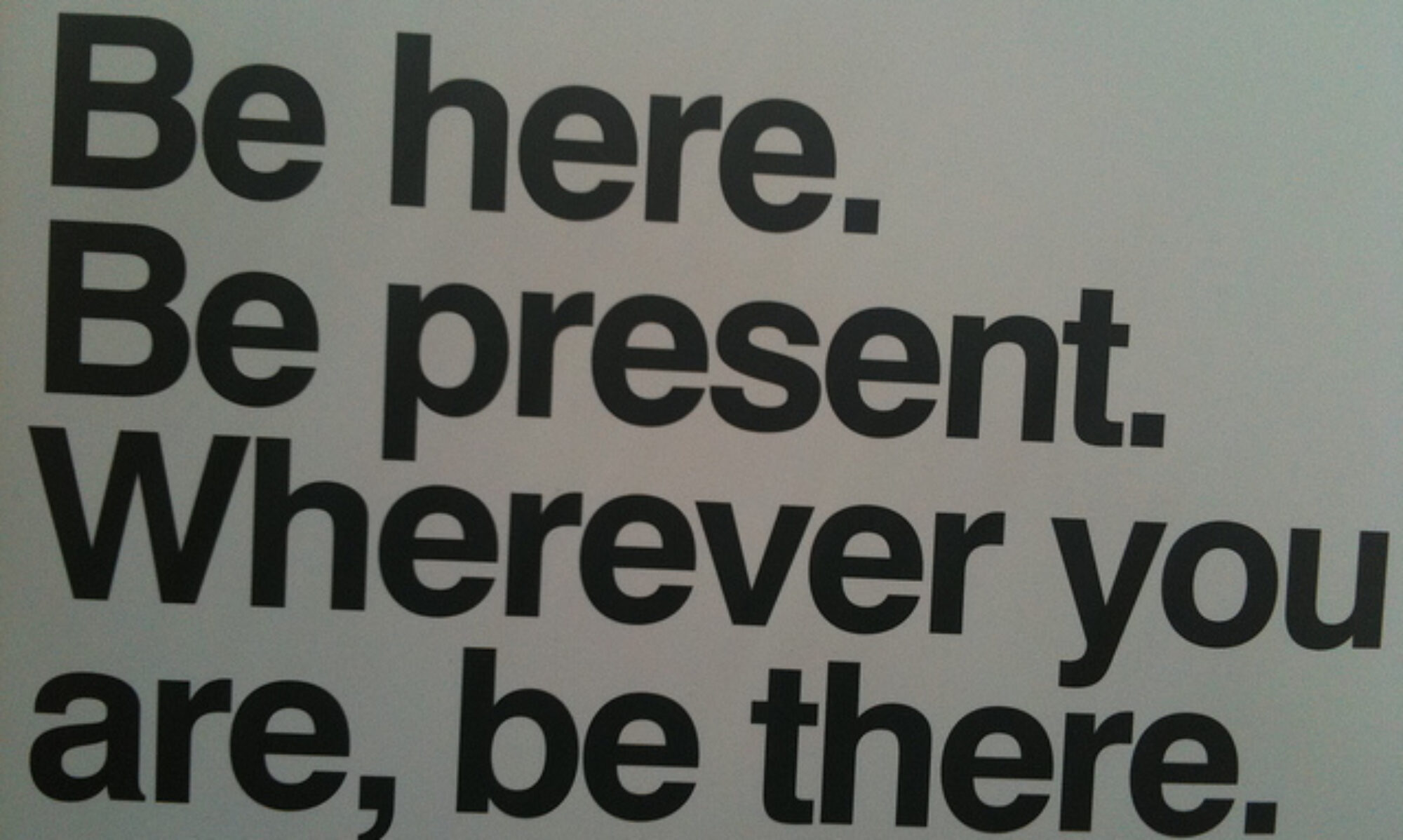Think about the last time you made a public mistake, be it in your personal or professional life. How did you handle it? Were you apologetic? Did you immediately make amends to anyone affected? And then, when the dust had settled, did you reflect on it, file the information and move on? Those are the “right” things to do, according to anyone with a lick of sense. When it comes to me, though, you won’t find one phrase in my acts of contrition: “I’m sorry.”
Now, this is not to say that I don’t experience regret or feel that I’m wrong, because it definitely happens. What I’m saying is that the words “I’m sorry” are not part of my vocabulary (usually). They’re right up there with the act of crying – there are just some things that can’t be taken back.
Let me explain my rationale. I want to solve issues, preferably before they become full-fledged problems. When a problem does arise, I’d rather dedicate time to quashing it than explaining it, apologizing for it and then resolving it. The act of saying “I’m sorry” puts you on the back foot. Unless a person has truly goofed in an irreparable way, there is always a way to make things better. Being solutions-focused means I’m looking ahead at next steps, not down at where I am currently still in the mistake.
To give an example: I encountered a situation in which, though it wasn’t me who screwed up, it fell to me as the person responsible for the one who did screw up. My response was to take responsibility, in writing, and begin discussing what could be done to rectify the situation. Unfortunately, the phrase “I take responsibility” didn’t have the same effect as “I’m sorry” to the superiors, and I was admonished specifically for not apologizing. Even years later, I believe this was one of the best examples of mismanagement I’ve encountered. Instead of focusing on my desire to fix the problem, the manager instead only saw the lack of the specific words that made them feel better. Even after pointing out that I had not shirked my role in the situation, I was left with a bad taste in my mouth. The manager’s reaction confirmed what I’d already suspected about some people: To say “I’m sorry” is akin to groveling, laying prostrate and allowing someone to be “right” in your wrongness.
Since then, I’ve stood in my anti-sorry stance. Thankfully, the people that I work with now are of the problem-solving variety rather than the make-me-feel-better type, which means that when it comes to it, we’re on the get-things-done team.
What about you? Do you find yourself apologizing unnecessarily? (The way people, especially women, apologize for the littlest things is whole ‘nother post.) Or are you team no-apologies-necessary? What’s your fix-it tactic?
